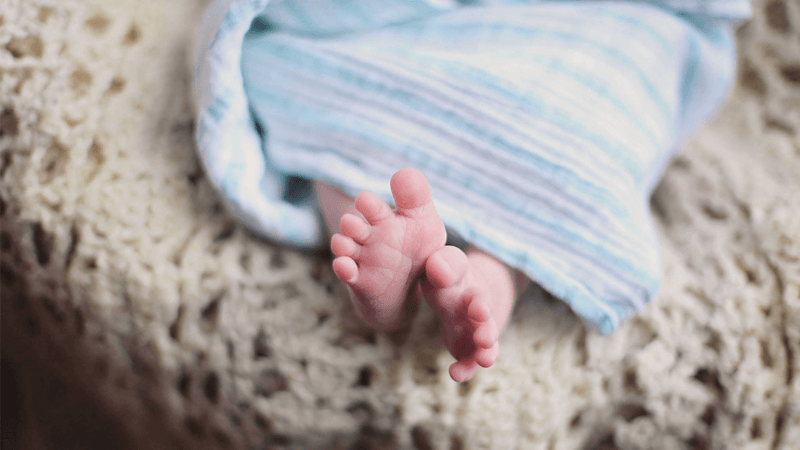A Bill has been tabled to introduce a token €1 fine for having or assisting someone to have an abortion in the Republic of Ireland.
The Bill has been put forward by the People Before Profit party, as pressure increases on the Irish Government to liberalise its laws.
Abortion is currently punishable under Irish law by up to 14 years in prison. If approved, the token €1 fine would replace this prison sentence.
Referendum
The Eighth Amendment of the Irish Constitution pledges to “defend and vindicate” the equal right to life of the unborn and the mother, “as far as practicable”.
Since being introduced in 1983, the amendment has ensured that pregnant women in Ireland receive necessary medical treatment, while upholding the unborn child’s right to life.
But pro-abortion activists and some sections of the media have called for a referendum in an attempt to repeal the amendment.
Bríd Smith from the People Before Profit party claimed the Bill was “not a joke or a stunt”, but a “serious attempt to decriminalise abortion in the State”. But she admitted that the Bill would face strong opposition in the Dáil and is likely to be defeated.
‘Human beings’
Recently, a new campaign was launched by pro-life supporters in the Republic of Ireland to fight against a further liberalisation of abortion laws.
The campaign released a video message in January which has already gathered over 100,000 views online.
The video, which was published on The Life Institute, explains that “we are all human beings and have been since our lives began”.
A spokeswoman from The Life Institute commented: “Everyone sees the incredible beauty and miracle of life in ultrasounds and scans these days, but a deliberate disconnect is being brought about by the media framing the debate to exclude preborn babies from the human rights that every human being is entitled to.
“This campaign brings people to consider some basic, logical facts – that if the baby is a human being, then that baby has the same rights as you and I”, concluding “we cannot deny that child their human right to life”.

